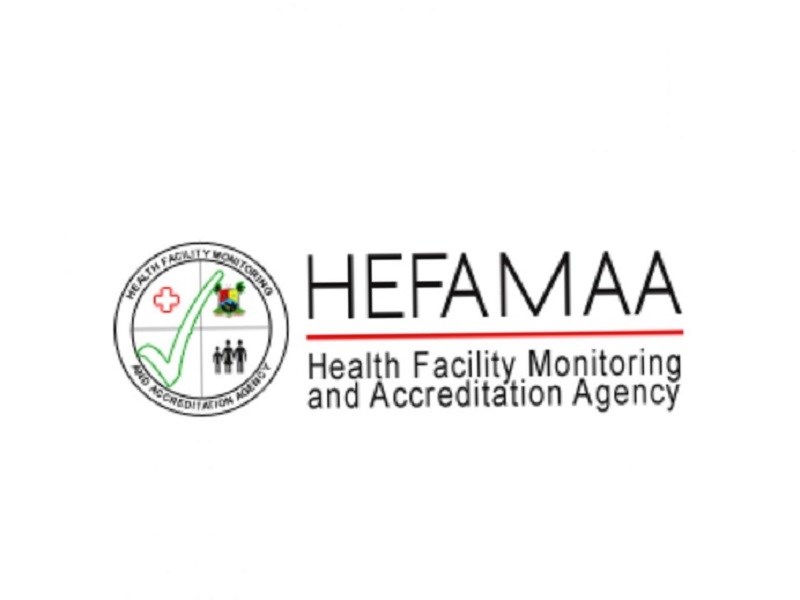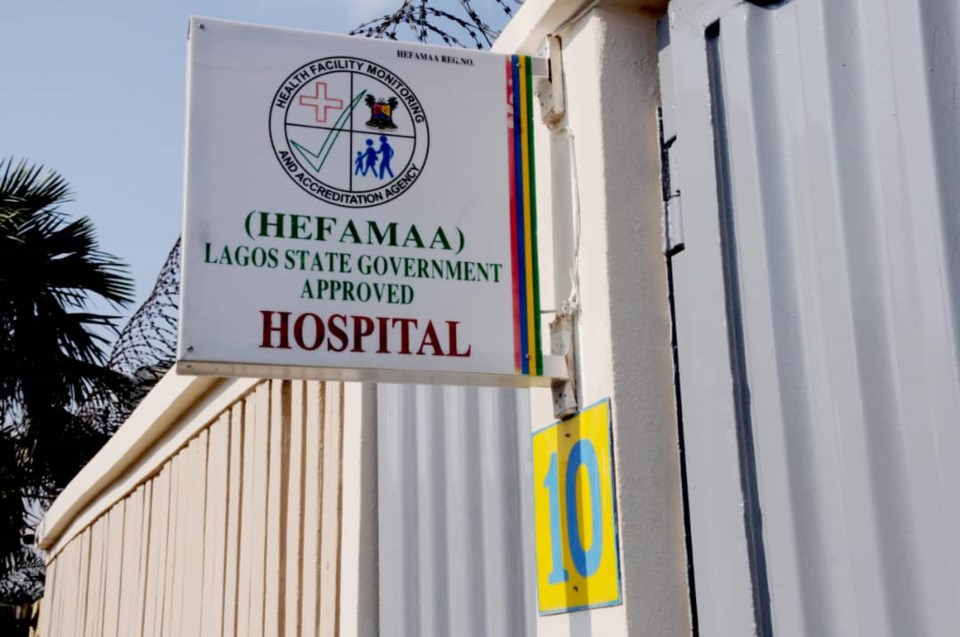THE Lagos State Government has announced that 40 health facilities in the State were shut in the first six months of 2023 over quackery and other infractions.
According to media reports, this information was disclosed on Tuesday, July 18, 2023, by Dr Abiola Idowu, the Executive Secretary of the Lagos State Health Facilities Monitoring and Accreditation Agency (HEFAMAA), during a stakeholders’ meeting, with the theme, “Combating Quackery in the Health Sector: Strengthening Stakeholders’ Collaboration and Regulatory Oversight.”
Abiola noted that the majority of the health facilities were closed because they were unregistered, adding that other infractions include operating without required personnel or practising beyond the scope of approval.
Also, the Chairman of HEFAMAA, Dr Yemisi Solanke-Koya, said the stakeholders’ engagement was put together for better collaboration with critical players in the sector because they are needed to curb quackery in the state, noting that quackery is an issue across Nigeria, but Lagos wants to be ahead in checkmating it.
She then appreciated Babajide Sanwo-Olu’s administration for its support towards ensuring quality healthcare service for Lagosians while highlighting the importance of collaboration to tackle the scourge.
Meanwhile, Prof. Akin Osibogun, the former Chief Medical Director (CMD) of the Lagos University Teaching Hospital (LUTH), in his keynote address, said community collaboration is critical to checking quackery, adding that regulators and monitors must maintain reliable intelligence of their environment and be in charge.
He noted that poor regulations and religious and cultural beliefs contribute to why quackery thrives in any community.
The former LUTH CMD urged health monitoring and regulatory agencies in the country to be firm in applying sanctions and continuous training of members of staff to enable them to carry out their duties effectively.



